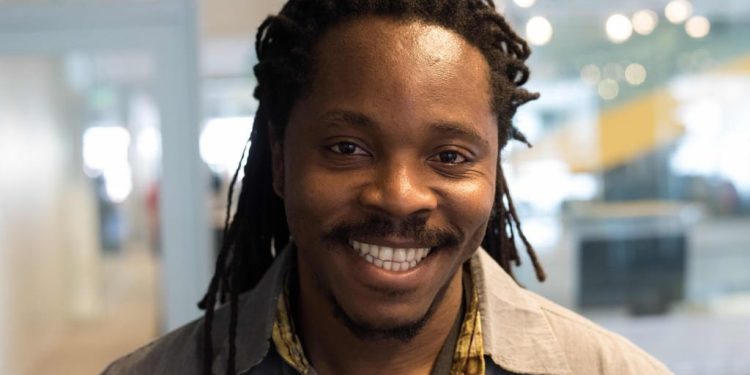By Hassan Osman Kargbo
At the prestigious World Governments Summit in Dubai, Sierra Leone’s Chief Minister, Dr. David Moinina Sengeh, delivered a compelling call to action, urging global leaders to move beyond rhetoric and commit to tangible steps in supporting quality and inclusive education worldwide.
Speaking at the ‘Future of Education Forum,’ Dr. Sengeh passionately emphasized the necessity of ensuring that education systems worldwide are radically inclusive. His speech resonated deeply with educators, policymakers, and stakeholders present, as he highlighted that true progress could only be achieved if the most marginalized and excluded populations were prioritized.
“Inclusive education is not just a moral responsibility; it is an economic and social imperative,” Dr. Sengeh stated. “Until we solve the problems affecting the most excluded—those in remote areas, women and girls, and individuals with disabilities—we will never see true transformation in global education.”
Dr. Sengeh’s address was not merely a plea for awareness but a demand for immediate action. He pointed out that many discussions on education reforms often overlook the practical barriers that prevent millions from accessing quality learning opportunities.
“We cannot afford to talk in circles,” he asserted. “Education is about finance. It requires strategic investment from governments, donors, and the private sector. Education is interconnected with every sector, from health to infrastructure. If we fail to prioritize it, we are failing our future.”
His words struck a chord, especially among leaders from developing nations who continue to grapple with underfunded education systems. Many nodded in agreement as he described how widening inequality continues to deepen, affecting access to learning opportunities for vulnerable populations.
Dr. Sengeh’s called for action is deeply personal. As a leader who has worked extensively on education policies in Sierra Leone, he understands the direct impact of inclusive education policies. He recounted stories of children in remote villages who, without intervention, would never have access to quality learning materials or trained teachers.
He shared an example of a young girl from a rural district in Sierra Leone, who, despite societal and financial challenges, thrived because of targeted government interventions. “We cannot let potential be wasted because of barriers we have the power to dismantle,” he said passionately.
Beyond words, Dr. Sengeh urged global leaders to mobilize financial resources and technical support to ensure that education reforms are both sustainable and impactful. He commended the efforts of international organizations that have invested in inclusive education initiatives but stressed that more needs to be done.
“We live in a world where inequality continues to be widened in many parts. If we are serious about solving global challenges, we must invest in education as the foundation for economic and social transformation,” he stated.
As the summit continues, Dr. Sengeh’s message serves as a reminder that education is not just a policy issue—it is a fundamental human right that requires immediate action. His speech, marked by urgency and sincerity, reinforces the need for collective responsibility in ensuring that no child is left behind in the quest for knowledge and opportunity.













